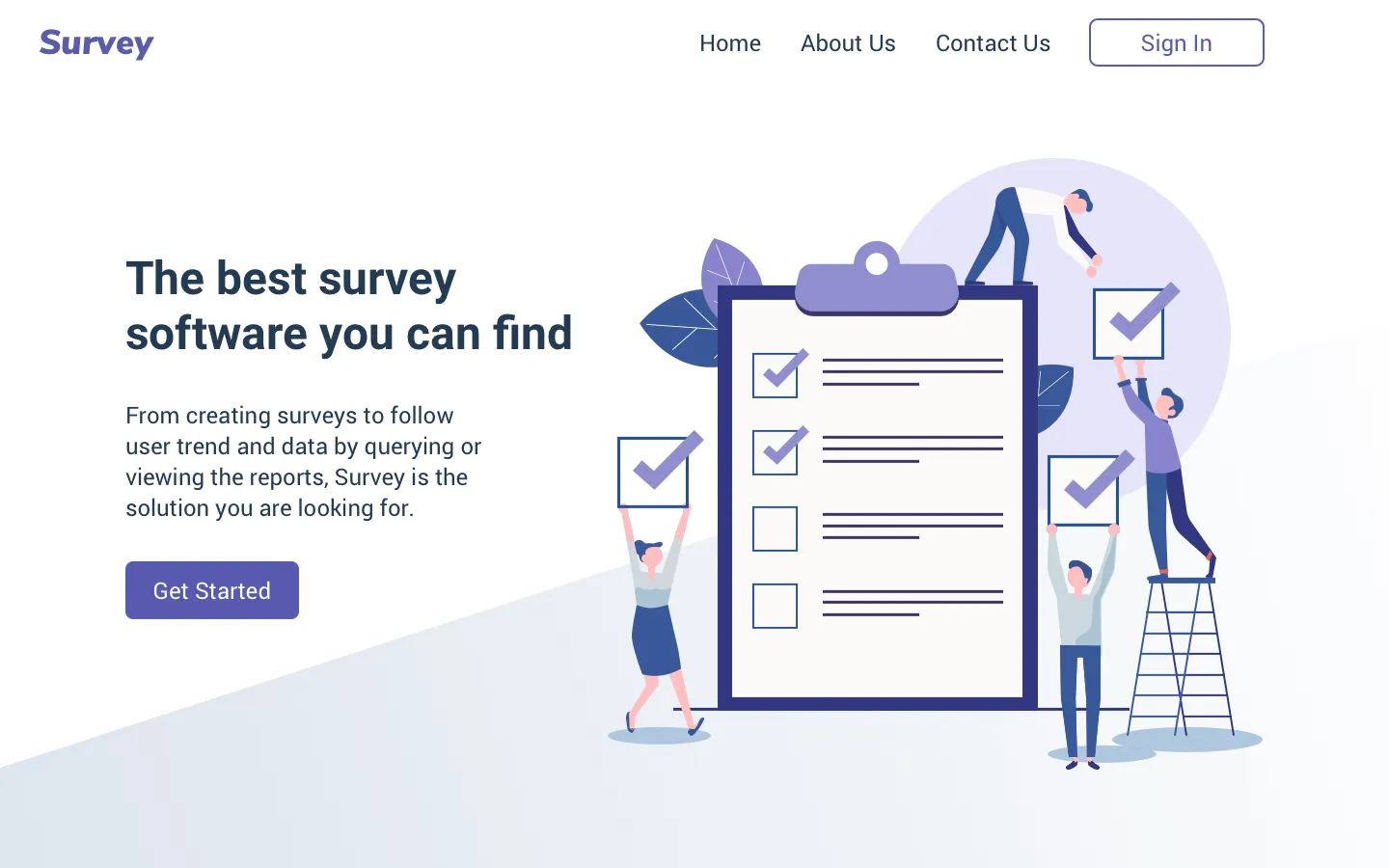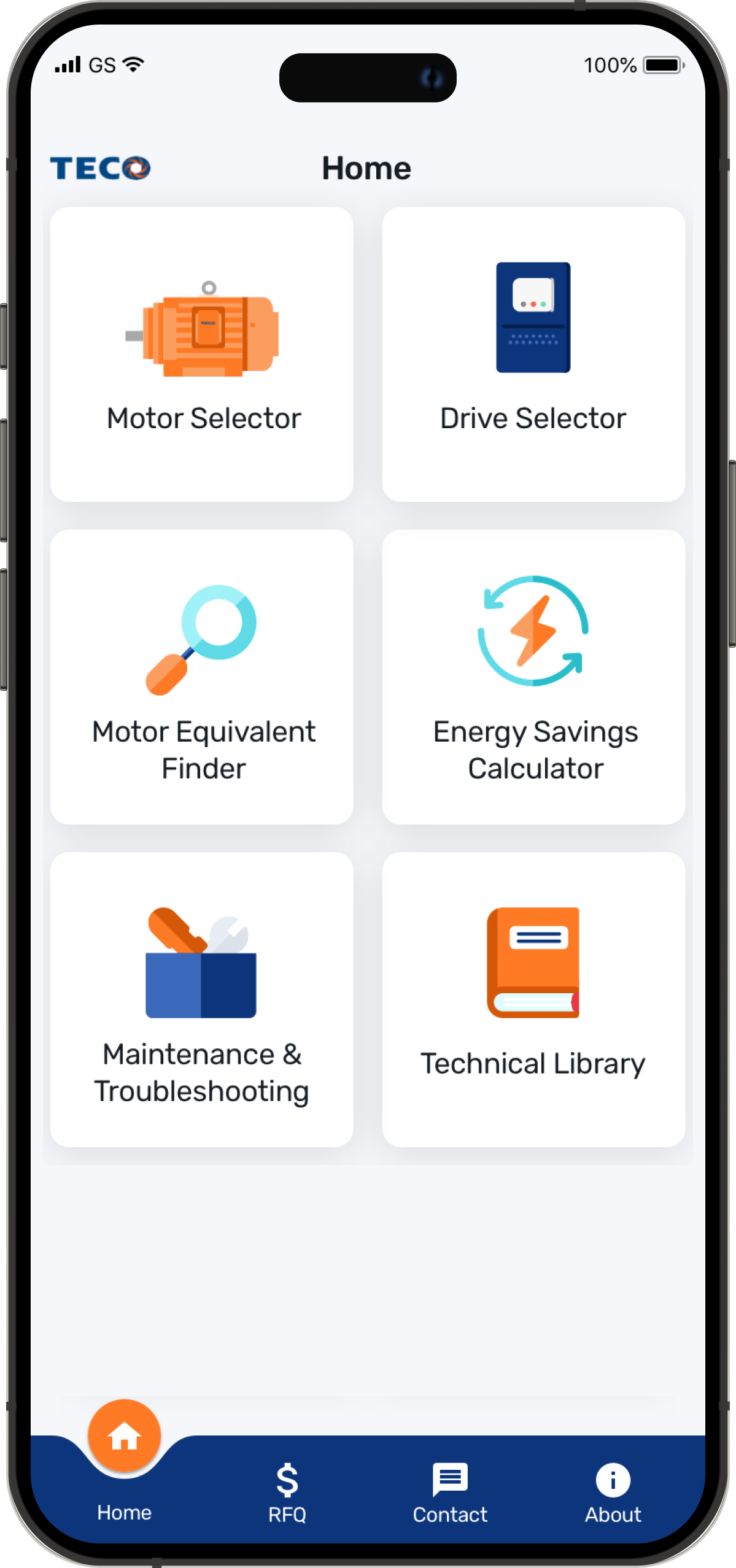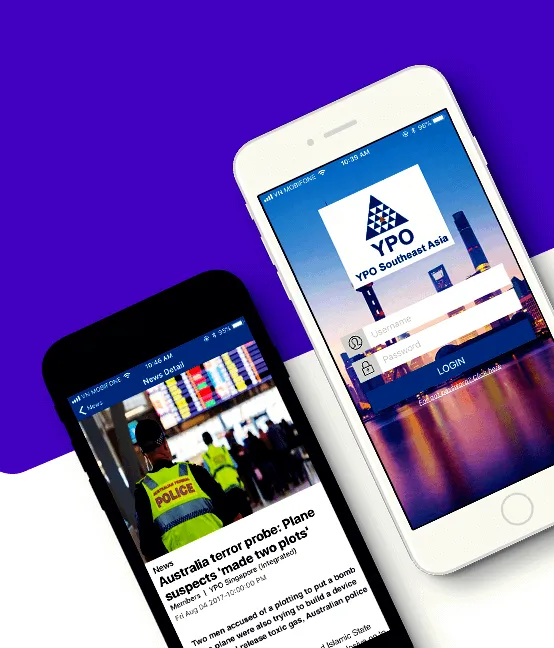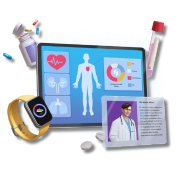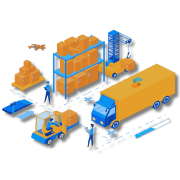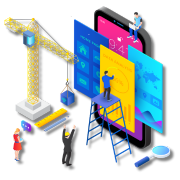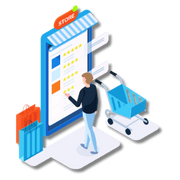- OVERVIEW
- SERVICES
- MODELS
- WHY CHOOSE US?
- TECHNOLOGIES
- OUR PROCESS
- FAQS
Deliver Quality with Our Professional Software Testing Services
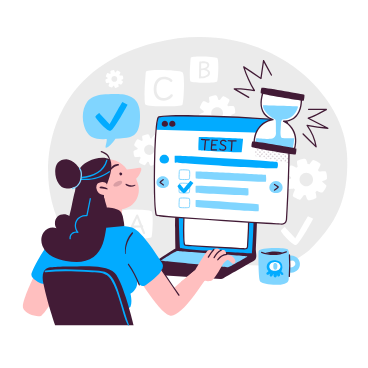
- STS Software understands that the true value of software lies not only in its functionality but in its reliability, performance, and user experience. With over 13 years of expertise in the software development lifecycle, our QA specialists have helped businesses across the globe deliver flawless digital products by implementing best-in-class software testing services.
- As the best software testing company in USA, we proudly serve a wide range of industries with its own unique challenges and compliance standards. Our testing strategies help clients meet their specific industry needs with confidence such as adhering HIPAA compliance in a healthcare platform, optimizing transaction accuracy in fintech applications, or testing for peak performance during e-commerce flash sales.
- Our clients range from fast-growing startups to large enterprises, including both tech companies with in-house development teams and non-tech firms looking to bring their digital products to market. Regardless of the technical background, we work closely with our partners to smoothly integrate into their development cycles and deliver quality from the ground up.
- With a global presence and delivery centers in key tech hubs, STS Software is well-positioned to serve clients worldwide. Our team of QA engineers combines local insight with international standards, fast response times, time zone flexibility, and high-quality outcomes. We provide end-to-end software testing services designed to safeguard your software and your reputation.

Software Testing Services Designed to Fit Your Requirements
Functional Testing
Security Testing
Performance Testing
Usability Testing
Flexible Engagement Models
Staff Augmentation
Quickly scale your QA team with our staff augmentation model. STS Software provides skilled, experienced QA professionals who integrate seamlessly into your processes. This approach boosts testing efficiency without the commitment of full-time hires.
Ideal for businesses that:
- Need short-term or project-specific QA expertise
- Experience fluctuating testing demands or release cycles
- Are scaling Agile/DevOps initiatives and need immediate QA support
- Want to expand QA capabilities without investing in full-time staff
Dedicated Development Team
Our dedicated QA team model offers a long-term, fully integrated quality assurance solution tailored to your software goals. We build a committed team of QA experts who work exclusively on your projects, providing deep product knowledge, consistency, and scalable testing across the entire development lifecycle.
Best Suited for Businesses That:
- Need continuous QA support for long-term or changing projects
- Want a dedicated team fully aligned with internal developers and workflows
- Require ongoing testing across multiple releases and iterations
- Prefer flexible scaling of QA resources based on changing demands
Full Software Project Outsourcing
Our full software development outsourcing model covers the entire software lifecycle from concept to deployment and ongoing support. With a dedicated cross-functional team aligned to your goals, we handle all technical execution, helping you scale efficiently while staying focused on business growth.
Best Suited for Businesses That:
- Need to develop and launch software without building an in-house team
- Want a trusted technology partner to manage end-to-end delivery
- Lack internal tech expertise and need full-stack development support
- Are growing fast and require flexible, agile delivery across projects
Our Work in Action
Why STS Software is Your Trusted Partner for Software Testing
With over 13 years of experience in software quality assurance services, STS Software guarantees top-tier QA services. Our proven methods, including manual and automated testing, deliver the highest standards of quality for your software.
 Decade of Experience
Decade of Experience
With over 13 years of experience in IT outsourcing and software testing services, STS Software has become a trusted partner for clients worldwide. We’ve successfully delivered 800+ projects across industries such as fintech, healthcare, e-commerce, logistics, and more. Our QA expertise is backed by a strong track record of performance and long-standing relationships with clients who value quality and consistency.
 Skilled QA Engineers
Skilled QA Engineers
Our team of certified QA engineers brings years of hands-on experience in testing methodologies and tools. We cover all aspects of quality assurance from manual and automation testing to performance and security testing. Our engineers are proficient in tools like Selenium, Postman, and JIRA and have proven success across high-stakes projects. Long-term client partnerships and zero-critical-bug achievements speak volumes about our quality standards.
 A Team That’s 100% Focused on Your Project Success
A Team That’s 100% Focused on Your Project Success
We don’t believe in one-size-fits-all. When you partner with STS Software, you get a dedicated QA team solely focused on your project. This obtains complete ownership, a deep understanding of your workflows, and smooth collaboration through Agile/Scrum practices.
 Fast Project Kick-off
Fast Project Kick-off
Speed matters. Our structured onboarding process: requirement intake - solution consulting - contract - go-live. This lets us start your QA project in as little as 3 working days. With a ready talent pool of QA leads, automation engineers, and manual testers, we help reduce inactive time and accelerate product delivery.
 Same Time-Zone Alignment
Same Time-Zone Alignment
Worried about time zone gaps? We’ve got it covered. STS Software offers flexible working hours to align with US, European, and Australian time zones. Our teams are available for daily stand-ups, real-time progress updates, and instant communication whether you need morning, afternoon, or evening support.
 Validated Quality Assurance Procedures
Validated Quality Assurance Procedures
We follow a well-defined QA workflow that includes test planning, execution, bug tracking, and regression testing. Our team uses industry-standard tools like TestRail, Selenium, JIRA, Browser Stack, and Postman to handle comprehensive test coverage. Continuous learning, tool optimization, and process refinement are built into our QA testing services.





Companies That Trust STS Software
Feedback From Our Partners
What Defines Top-Quality QA Testing Services

Best Practices for Managing QA Testing in Software Projects

 Manual Testing
Manual Testing
Manual testing remains a foundational approach in quality assurance, where skilled QA analysts execute test cases by hand to ensure each software component functions as intended. This method is crucial during early development phases, particularly for smaller builds or applications undergoing frequent feature changes. It helps detect issues that automated tools might overlook, especially those tied to usability, visual inconsistencies, and user experience.
The process typically involves understanding the product requirements, designing detailed test cases, executing them manually, and thoroughly documenting any issues found. Manual testing enables testers to dive into the logic, behavior, and flow of the application, offering critical insights that contribute to the development of robust test strategies. It’s especially effective for exploratory testing, ad hoc testing, and validating new functionalities.
 Automated Testing
Automated Testing
Automated testing uses code and scripting to run tests automatically, speeding up the QA process and ensuring consistent, repeatable results. It’s especially valuable in large-scale projects with complex systems and frequent updates, where manual testing would be too time-consuming or error prone. Automated testing expands test coverage, improves accuracy, and supports rapid delivery cycles.
This approach plays a key role in regression testing, verifying that recent code changes haven’t introduced new bugs. It also supports API testing, load testing, and end-to-end validation of critical workflows. By integrating with CI/CD pipelines, automated testing ensures continuous feedback on software performance, functionality, and stability.
Key Steps in Our QA Testing Process
Requirement Analysis
Test Planning
Test Case Design
Test Environment Setup
Test Execution
Defect Reporting & Tracking
Test Closure
Expert Opinions and Insights
FAQs
What are the software testing services?


Software testing services are all about making sure your software works exactly the way it’s supposed to. They involve running your application under different conditions to spot any bugs, glitches, or performance issues before users do. These services help teams catch problems early and deliver reliable, high-quality products.
What are the different types of software testing?


There’s a wide range of software testing types and each one plays an important role in making sure your application performs flawlessly. Here’s a quick rundown of the most common ones:
- Functional Testing: Verifies that your software behaves as expected and meets business requirements.
- Performance Testing: Measures how your app holds up under load including speed, responsiveness, and stability.
- Security Testing: Identifies issues and defends against threats or breaches.
- Usability Testing: Focuses on how user-friendly and intuitive your software is.
- Compatibility Testing: Checks if your app works across different devices, browsers, or operating systems.
- Regression Testing: Makes sure new changes don’t break existing features.
- Acceptance Testing: Validates whether the product meets end-user expectations.
- Integration Testing: Confirms that different software modules work together smoothly.
- Exploratory Testing: Involves creative, unscripted testing to uncover hidden bugs.
- Automated Testing: Uses tools and scripts to run tests faster and more frequently.
- Manual Testing: Testers execute tests by hand, ideal for user-centric scenarios.
- Desktop App Testing: Focuses on standalone applications with complex local dependencies.
- Web App Testing: Keep websites or web-based platforms bug-free, secure, and compatible.
- Mobile App Testing: Guarantees high performance, responsiveness, and great UX on mobile devices.
- Security Penetration Testing: Simulates hacking attempts to find and fix potential entry points.
- Compliance Testing: Checks whether the software meets legal, regulatory, or industry standards.
- Data Testing: Provide the accuracy, completeness, and integrity of data, especially during migrations.
What is the difference between software testing and quality assurance (QA)?


Think of software testing as just one piece of the QA puzzle. Testing focuses specifically on checking whether the software works as expected like finding bugs or verifying features. Quality Assurance, on the other hand, is the bigger picture. It covers the entire development process from setting quality standards and reviewing code to managing defects and keeping compliance. All make sure the final product meets user expectations and industry standards.
When is automated testing needed?


Automated testing really shines when you're working on large, long-term projects or apps that get frequent updates. It’s perfect when you need to process loads of data or maintain consistent results across releases. By automating your tests, you speed up the process, boost accuracy, catch bugs early, and support continuous integration and delivery.
What is the typical ratio of testers to developers?


A common rule of thumb is 1 tester for every 3 developers, but it really depends on the project. If you’re dealing with complex systems, multiple environments, or heavy documentation, you might need more QA support. In fact, some projects flip the ratio and have more testers than developers to make sure every feature gets the attention it deserves.
What is continuous testing?


Continuous testing is all about baking automated tests right into your development pipeline. It helps you catch issues early and often, so every release is faster, safer, and more reliable. Integrated with CI/CD and DevOps, it allows teams to assess risk in real time and keep quality high, even with rapid deployments. It's a must-have for modern, agile development.
What factors should we consider when choosing a software testing company?


Choosing the right software testing partner goes beyond just checking boxes.
- First, consider experience. You should look for a team with a solid track record (10+ or even 30+ years shows staying power).
- Next, assess expertise in various testing types and industries that match your domain. A great company offers agility, speed, and custom solutions tailored to your needs.
- Don't forget client focus. Partners who listen and align with your goals make a big difference.
- Add in affordable pricing, proven quality procedures (like ISO certifications), strong tech proficiency, and transparent communication.




